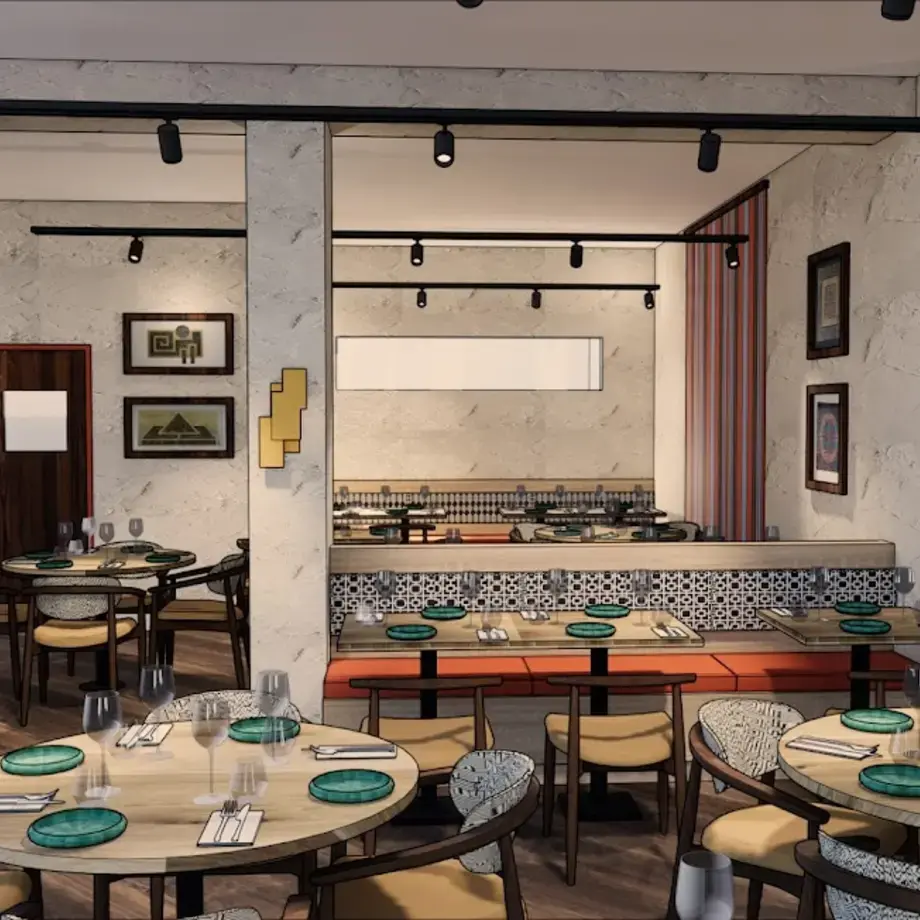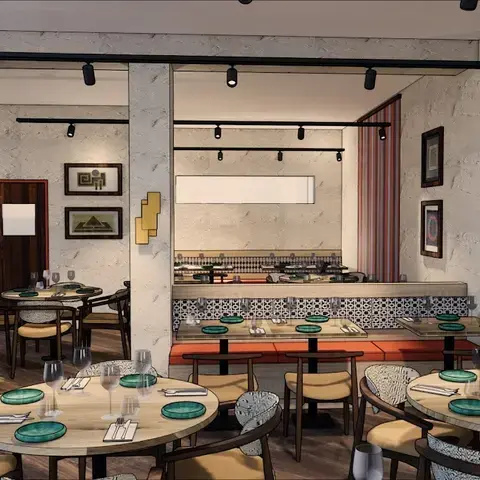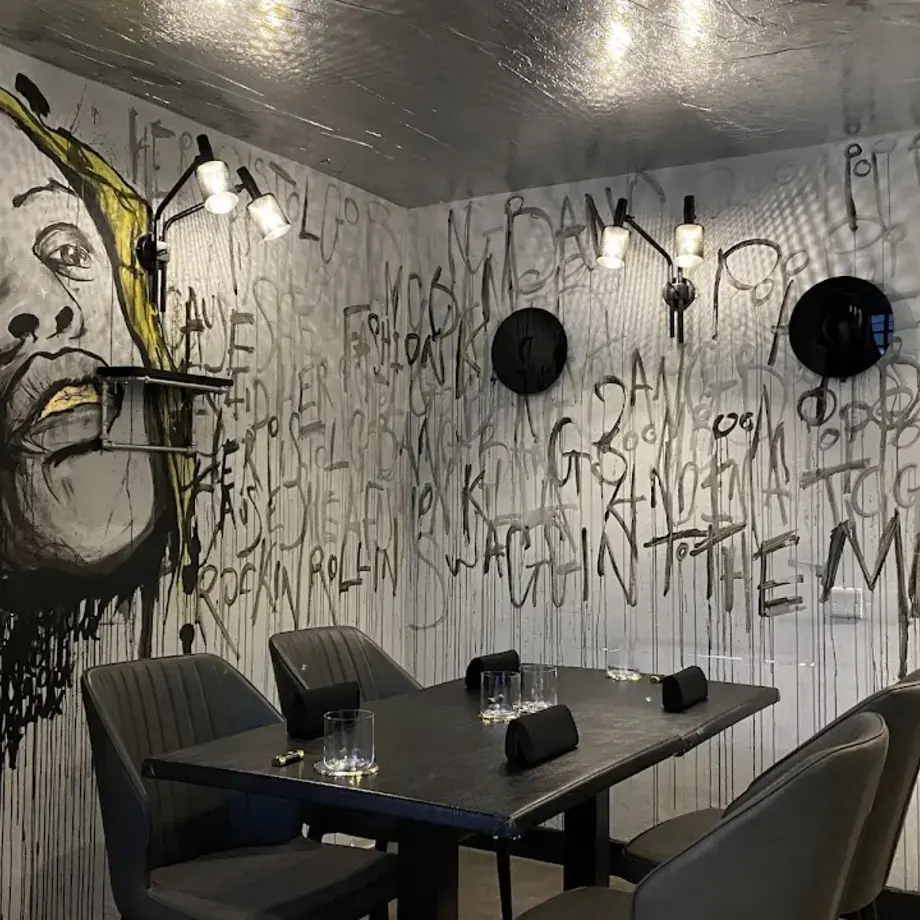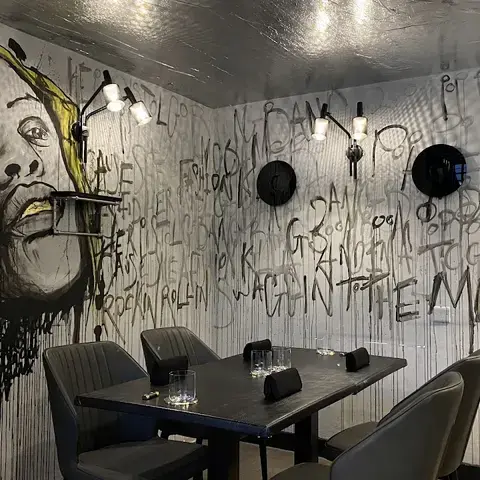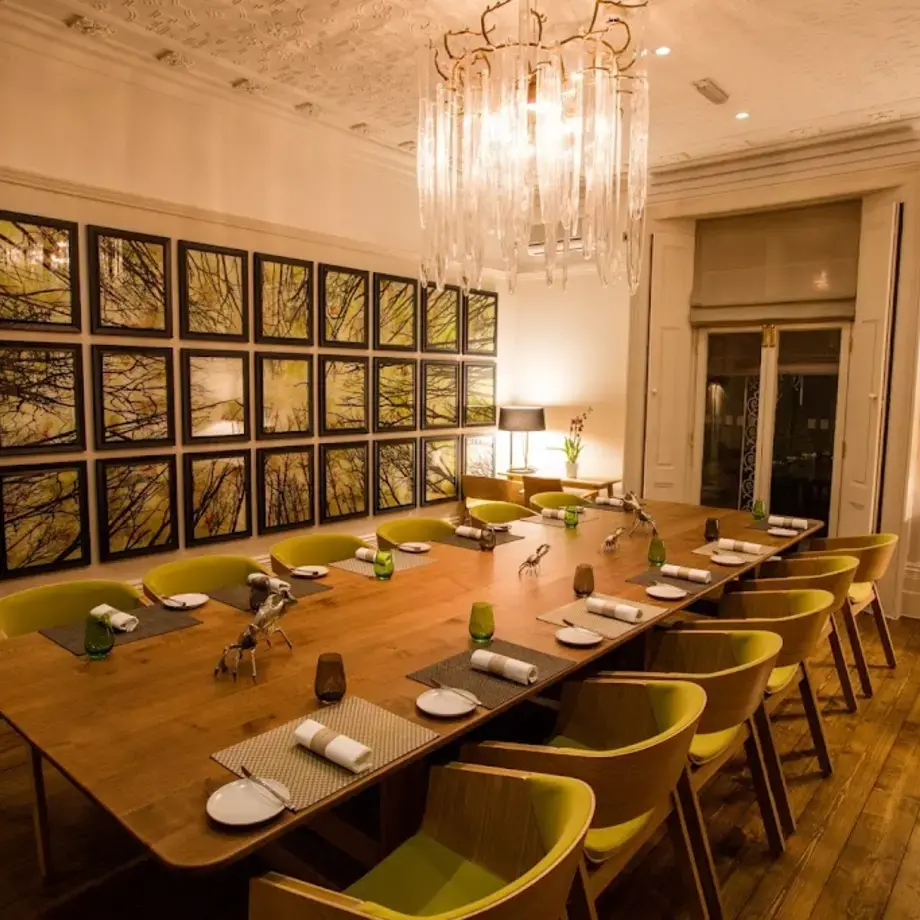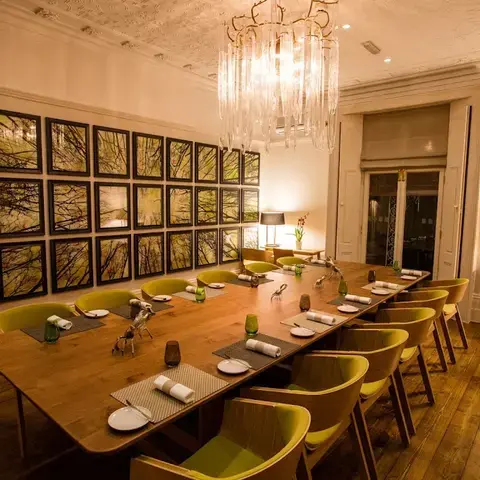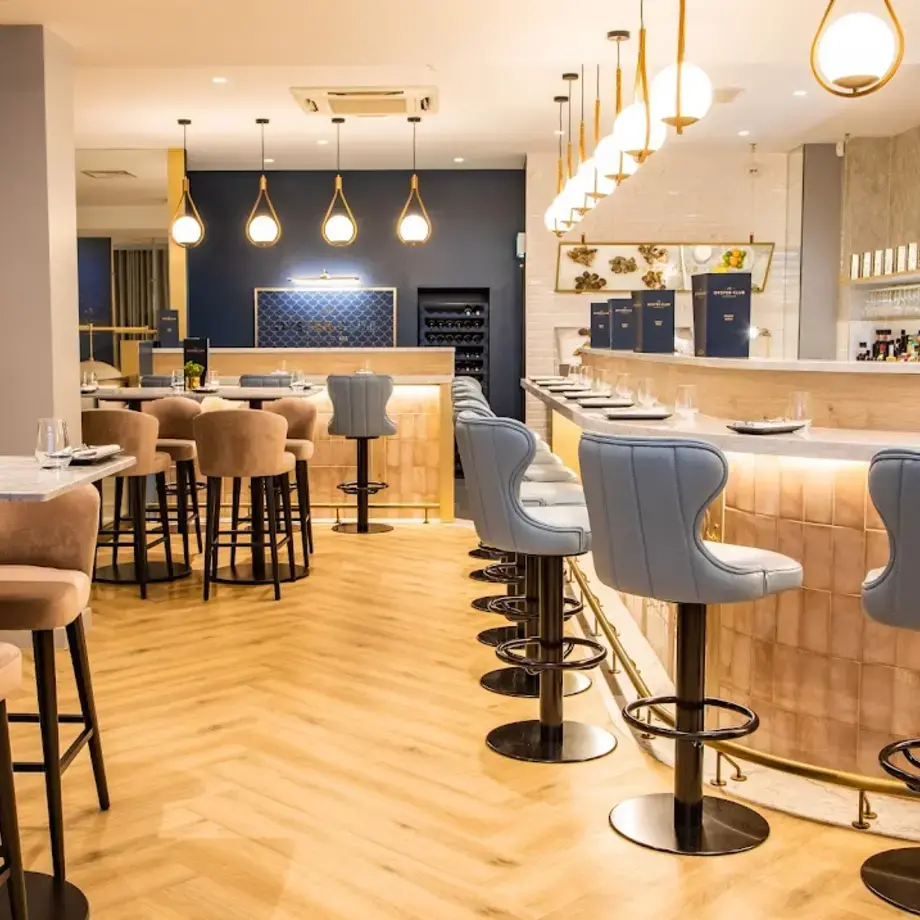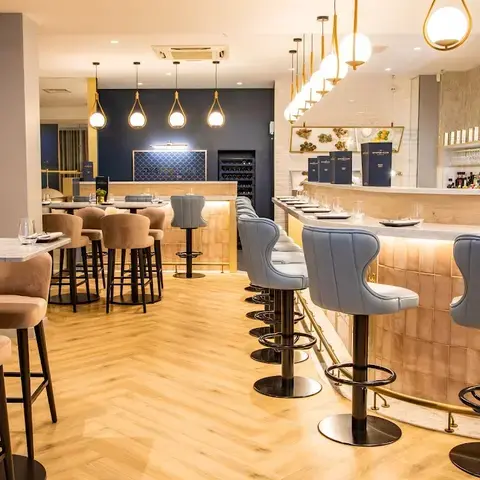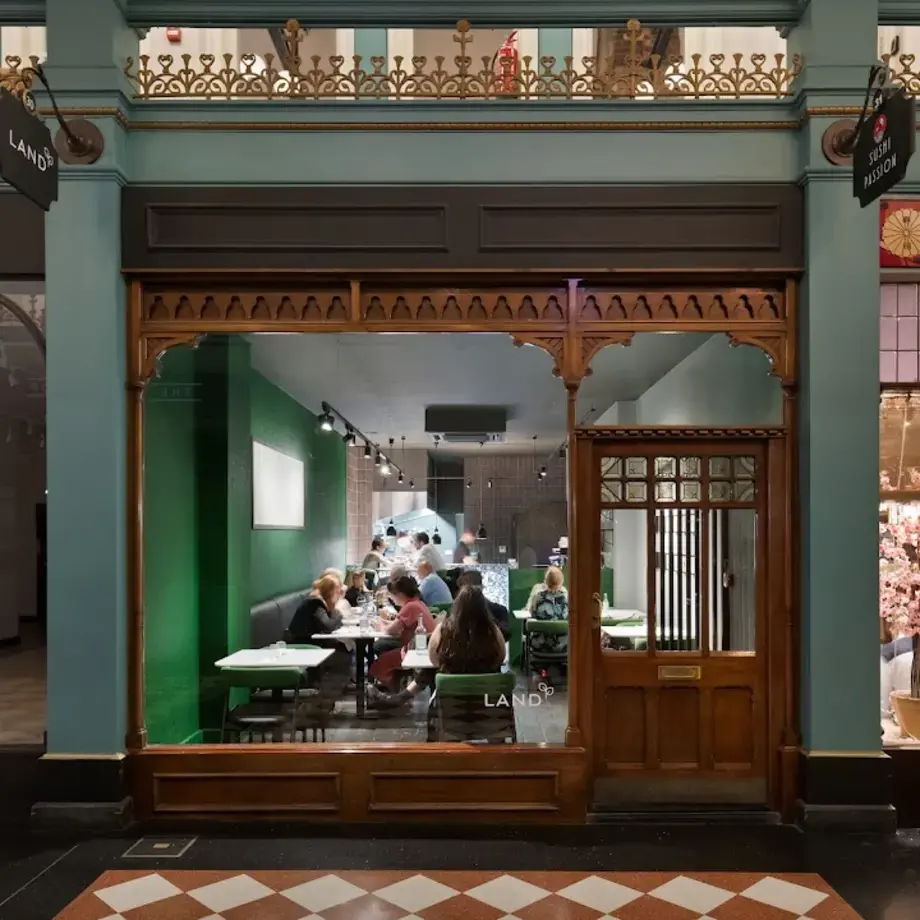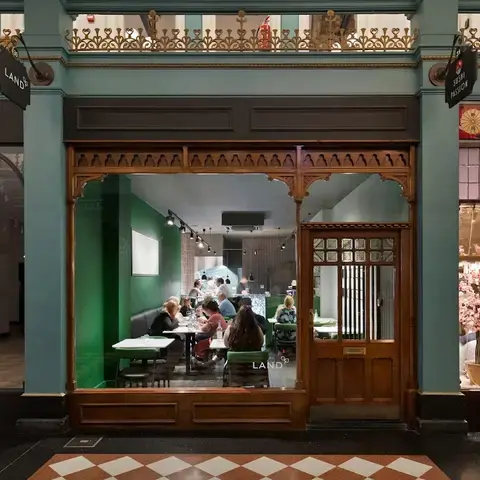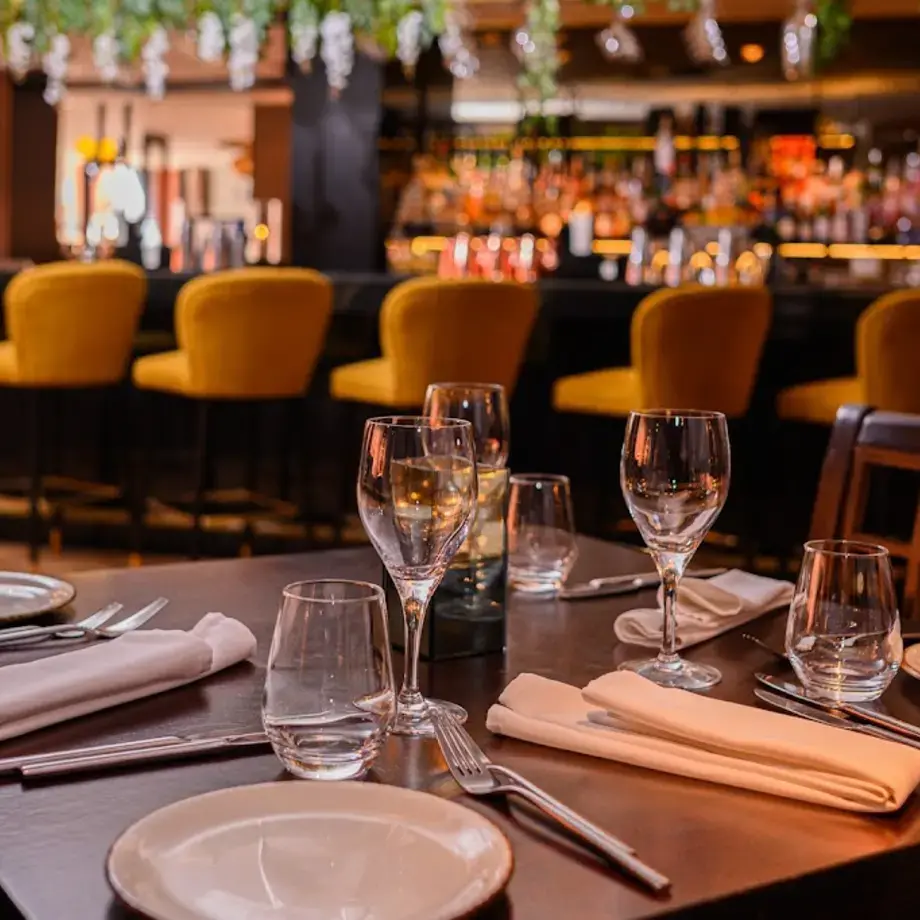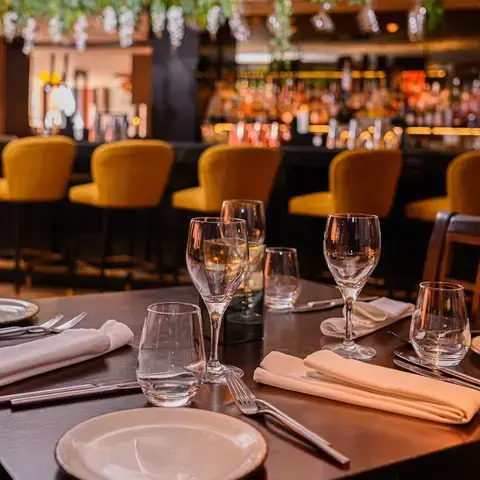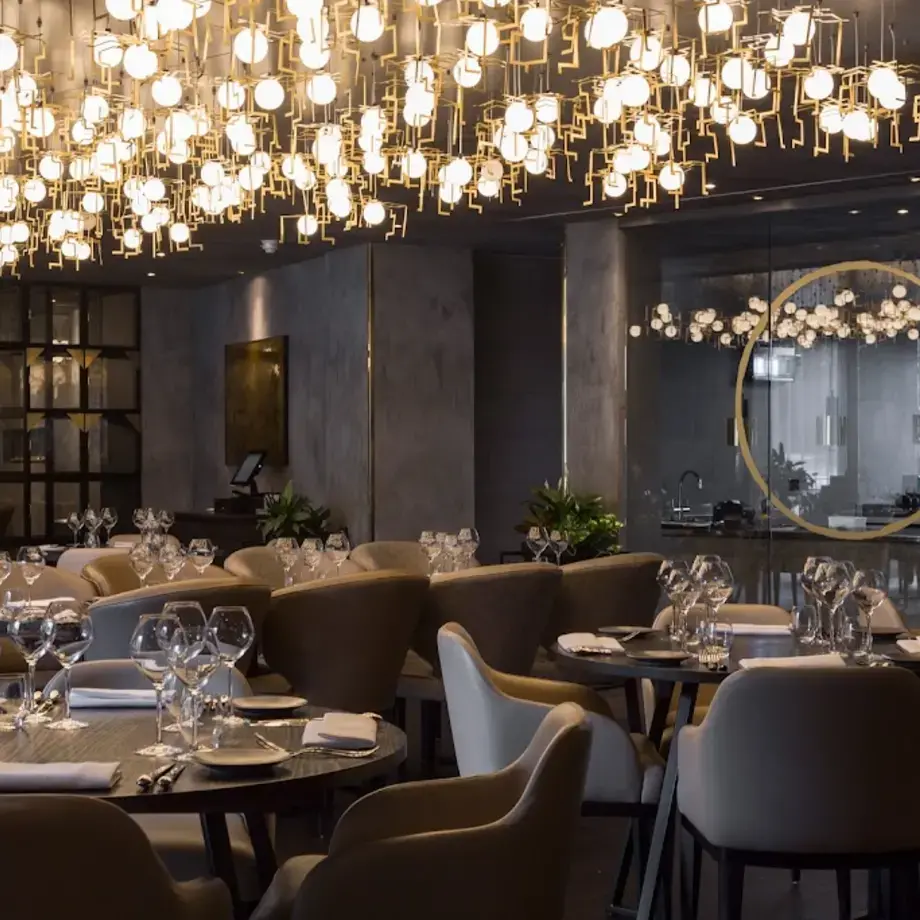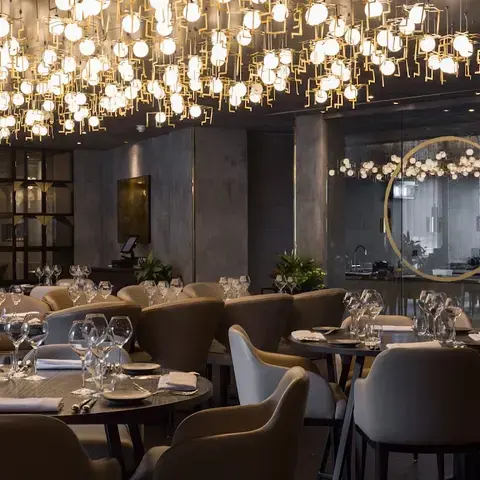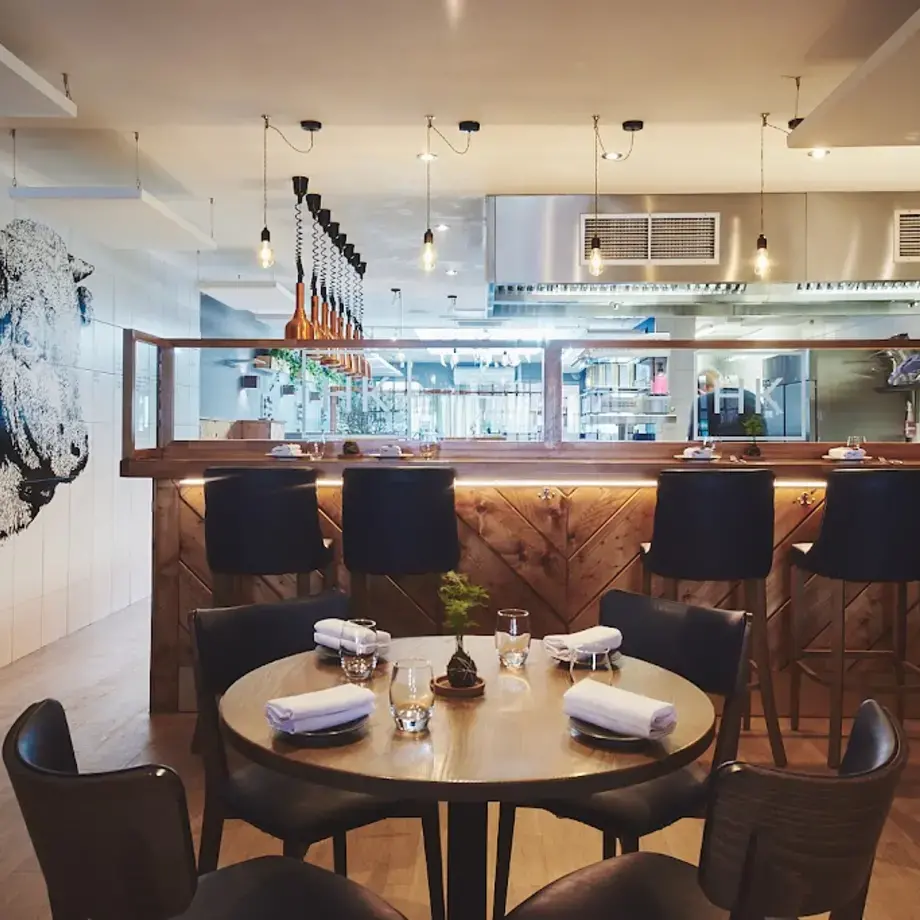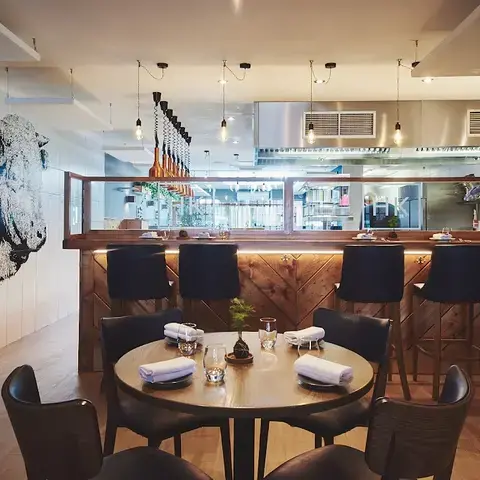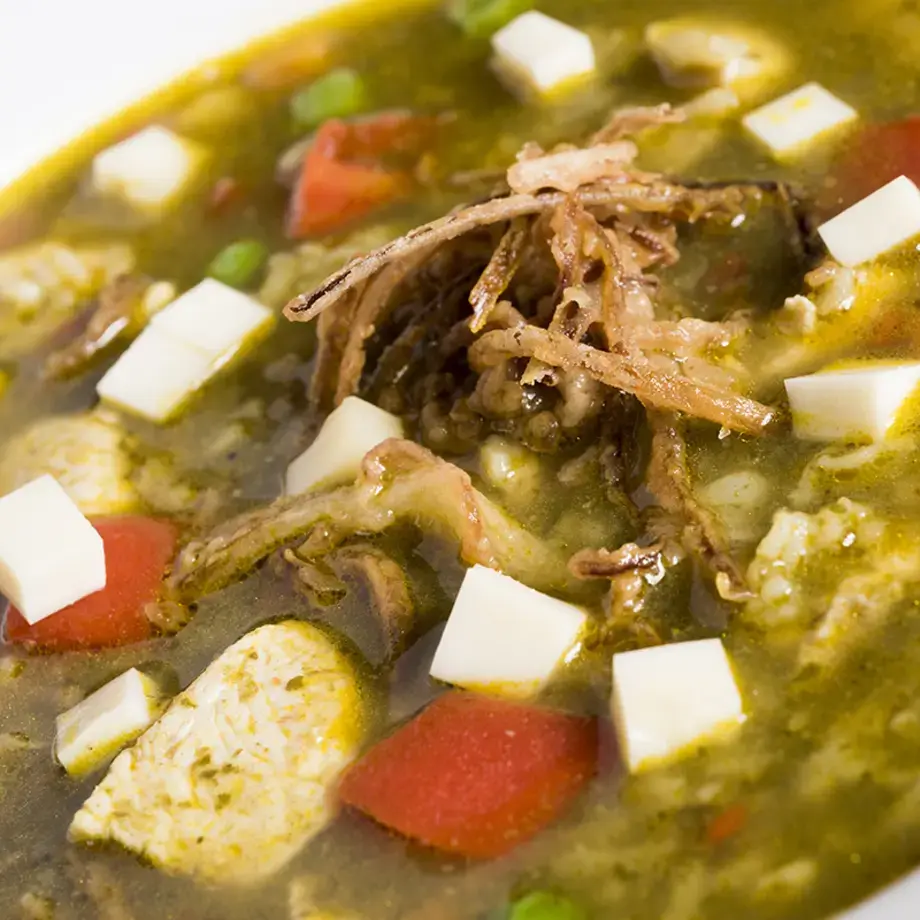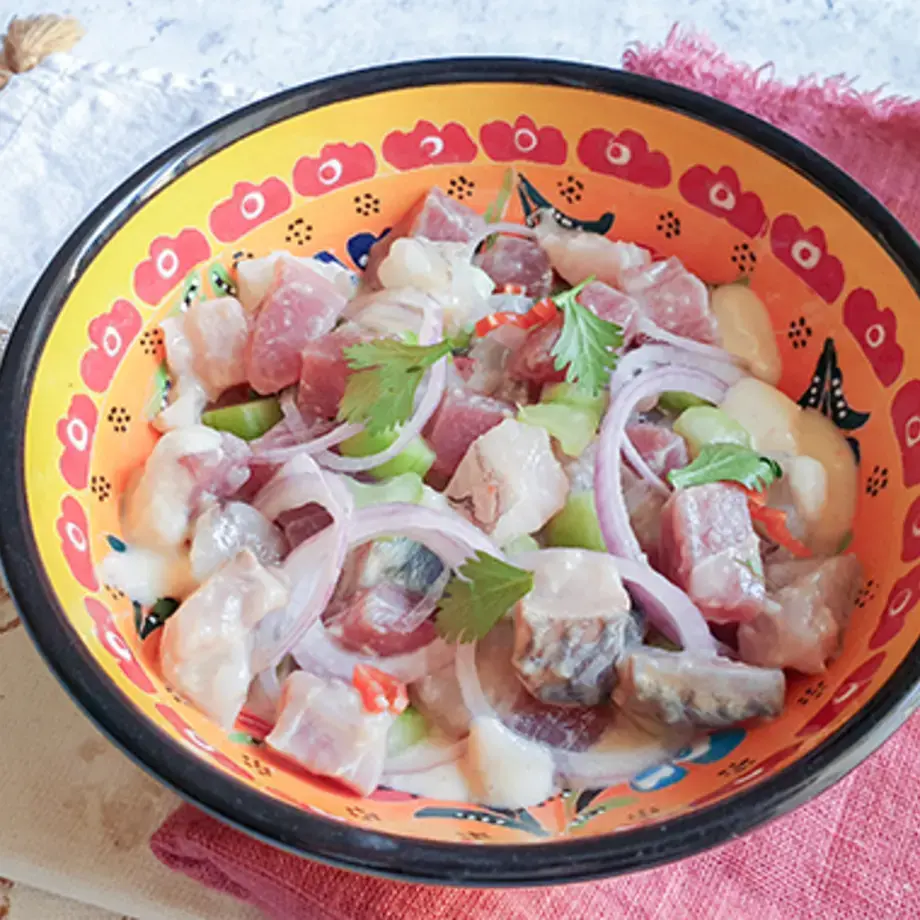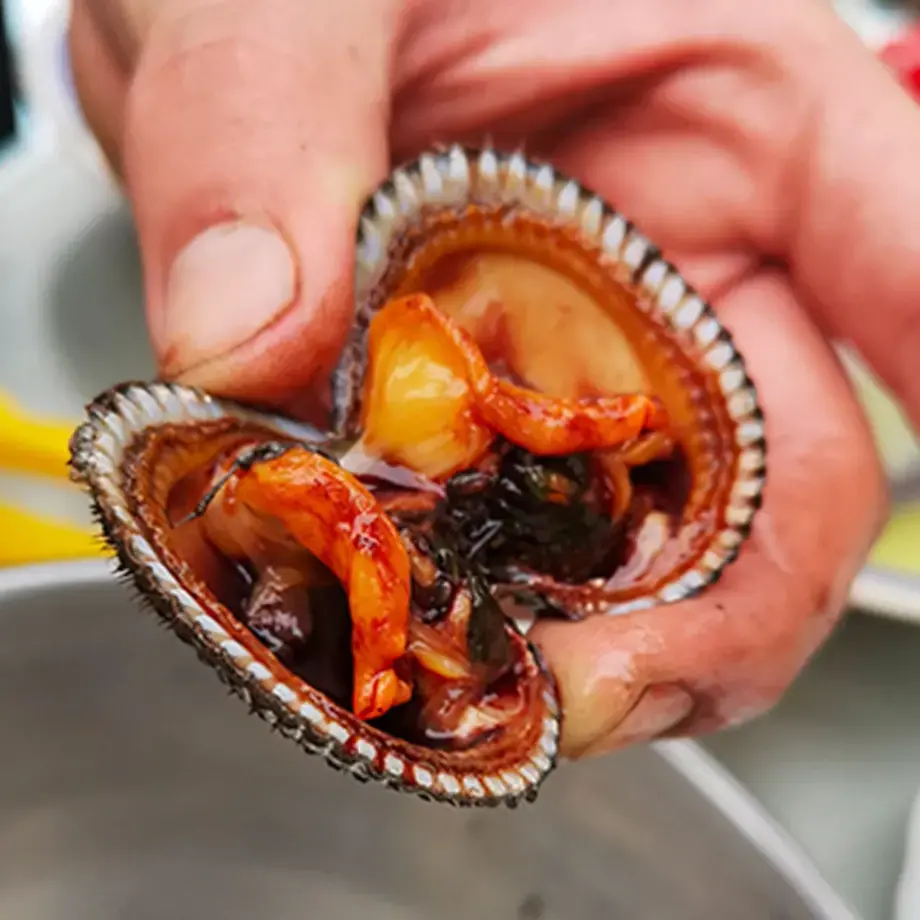At Chakana, Peruvian cuisine takes on a new dimension—neither simply transplanted nor reinvented, but translated with a thoughtful touch that reveals both respect for heritage and a deft, modern clarity. Each plate reflects the interwoven complexity of Peru’s culinary identity, shaped over generations by indigenous ingredients and cross-continental influences. Here, the menu draws guests into a continuous conversation of contrast and harmony, where familiar Peruvian foundations—think aji amarillo, Andean potatoes, sweetcorn, or the bright acidity of ceviche—are rebalanced for a sophisticated British palate. The steadiness of Chakana’s vision is evident in the quiet confidence with which signature ingredients are employed. No unnecessary flourishes distract from the careful layering of flavour: lucuma, quinoa, anticucho-spiced meats—all appear not as gestures to trend, but as elegant markers of provenance, reinterpreted with an eye toward balance and originality. Each element is meticulously sourced and prepared, revealing the kitchen’s commitment to authenticity without rigidity. The restaurant’s mention in the Michelin Guide is no accident; it acknowledges not just technical assurance, but a fidelity to place and tradition that stands apart in a crowded dining landscape. Ambience at Chakana is understated yet purposeful, echoing the precision of the food itself. The dining space, as confirmed, is designed as a refined backdrop rather than a spectacle, allowing the natural colours, aromas, and textures of each course to take center stage. Plates arrive composed with an instinct for drama balanced by restraint—carefully plated ceviche offers visual freshness, and thoughtfully garnished dishes heighten anticipation with every arrival to the table. What distinguishes Chakana is not just its reverence for Peru’s culinary canon, but its willingness to engage in subtle innovation—nuanced rather than overtly avant-garde. Flavours linger and unfold, each bite encouraging reconsideration of the familiar, signalling the kitchen’s disciplined perspective. Such a quietly sophisticated approach makes Chakana more than a destination for Peruvian food; it is a study in culinary translation, delivering deeper insight with each dish, and setting a discerning standard for Peruvian gastronomy in Britain.
